By Roy Morris Jr.
When Confederate general John Bell Hood assumed command of the embattled Army of Tennessee at Atlanta in mid-July 1864, he was already grievously wounded in both body and spirit. He had lost the use of his left arm at the Battle of Gettysburg, and two months later he lost his right leg at Chickamauga. But he was suffering at least as much from a wound that no one could see—a frustrating and ultimately heartbreaking love affair with South Carolina belle Sally Buchanan “Buck” Preston. It was a battle the ill-starred Hood was least equipped to fight.
The tall, handsome general from Kentucky had first met the beautiful young socialite in Richmond in the winter of 1862-1863, when she was in the Confederate capital visiting friends. At the age of 31, Hood was a dozen years older than Buck Preston chronologically, and even farther behind her in drawing-room polish and dance-floor flirtations. His first compliment to her was typical of his lack of romantic savoir faire. Miss Preston, he said, “stood on her feet like a thoroughbred.” What the cultured young lady thought about being compared to a horse is anyone’s guess.
Richmond doyenne Mary Boykin Chesnut, a longtime friend of the Preston family, observed Hood’s courtship of Buck Preston from across the room, so to speak. She was well aware of Buck’s capricious nature and its effect on impressionable young soldiers such as Hood. Buck, she said, had “a knack of being fallen in love with first sight, and of never being fallen out of love with” again. Certainly, she had that effect on Hood, who had barely gotten up on crutches before he was back at Buck’s side. He had no way of knowing that Buck had already confided to Mrs. Chesnut: “I never cared particularly about [Hood]. I would not marry him if he had a thousand legs instead of having just lost one.”
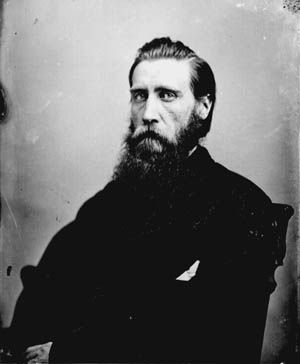
Hood persisted. Despite being turned down twice by Buck, the sad-eyed general kept after her, managing to win a somewhat shaky acceptance. “I am so proud, so grateful,” he told Mary Chesnut. “The sun never shone on a happier man.” The worldly Chesnut was not convinced. “So the tragedy has been played out,” she recorded in famous diary. “I do not think even now that she is in earnest.” It did not speak well of Buck’s devotion that when Hood attended church with President Jefferson Davis before leaving for Atlanta, Buck did not look at him once during the entire service.
After his subsequent military debacles at Atlanta, Franklin and Nashville, Hood visited Buck one last time at her home in Columbia, South Carolina. The visit did not go well. Buck’s parents, her sister and her new brother-in-law all opposed the marriage. Hood, in physical pain from his wounds and demoralized by the long string of defeats, gave up without a fight. He rode away, never to see Buck again. Sadly, Hood never realized how close he had come to victory—in love, if not in war. “If he had been persistent,” Buck told Mary Chesnut, “I was ready to leave all the world for him, to tie my clothes in a bundle and trudge after him to the ends of the earth. Does that sound like me? It was true that day.”
In the end, the “Gallant Hood” had not been gallant enough. He lost both the war and the girl. Who can say which hurt more?
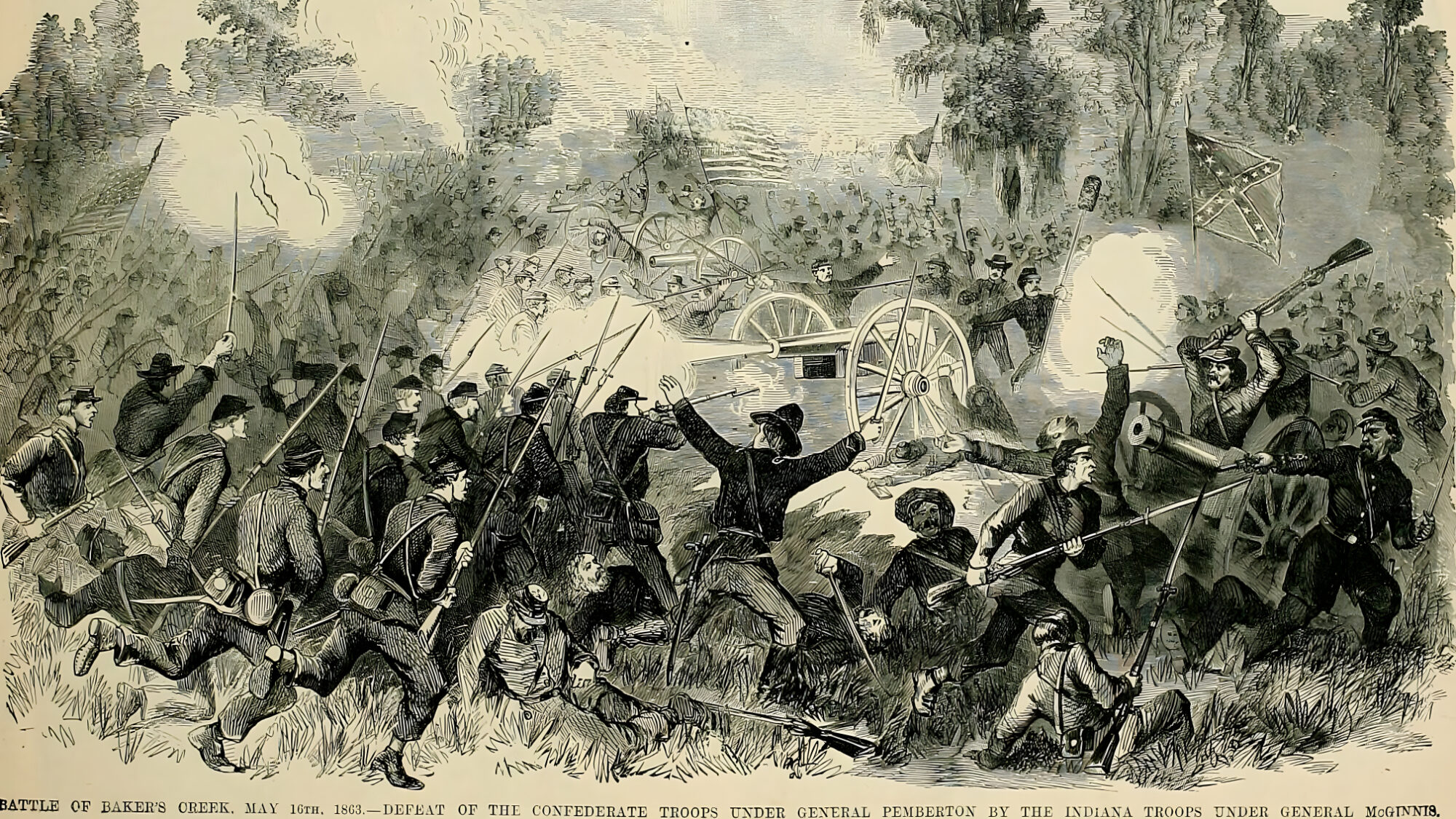
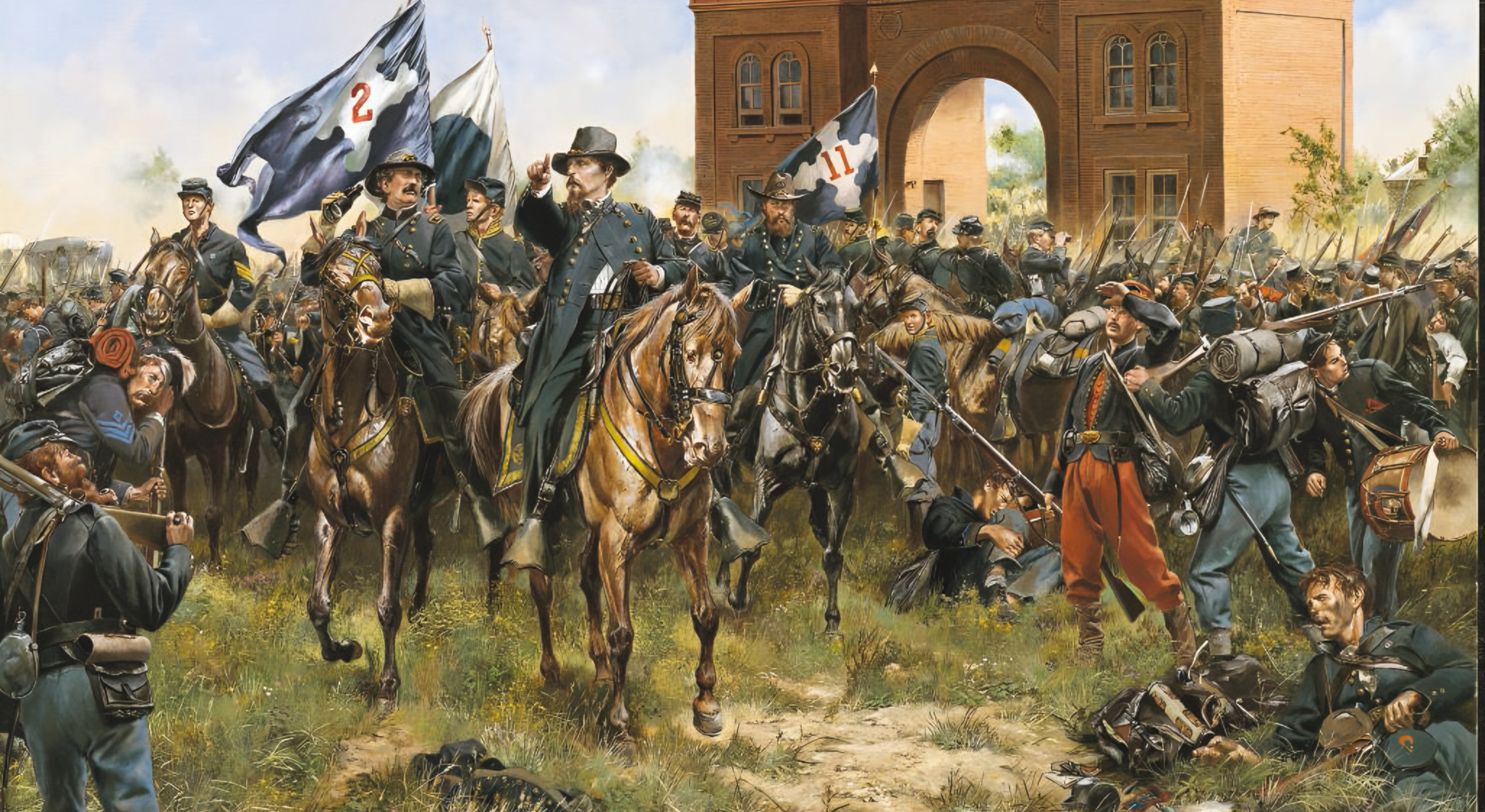
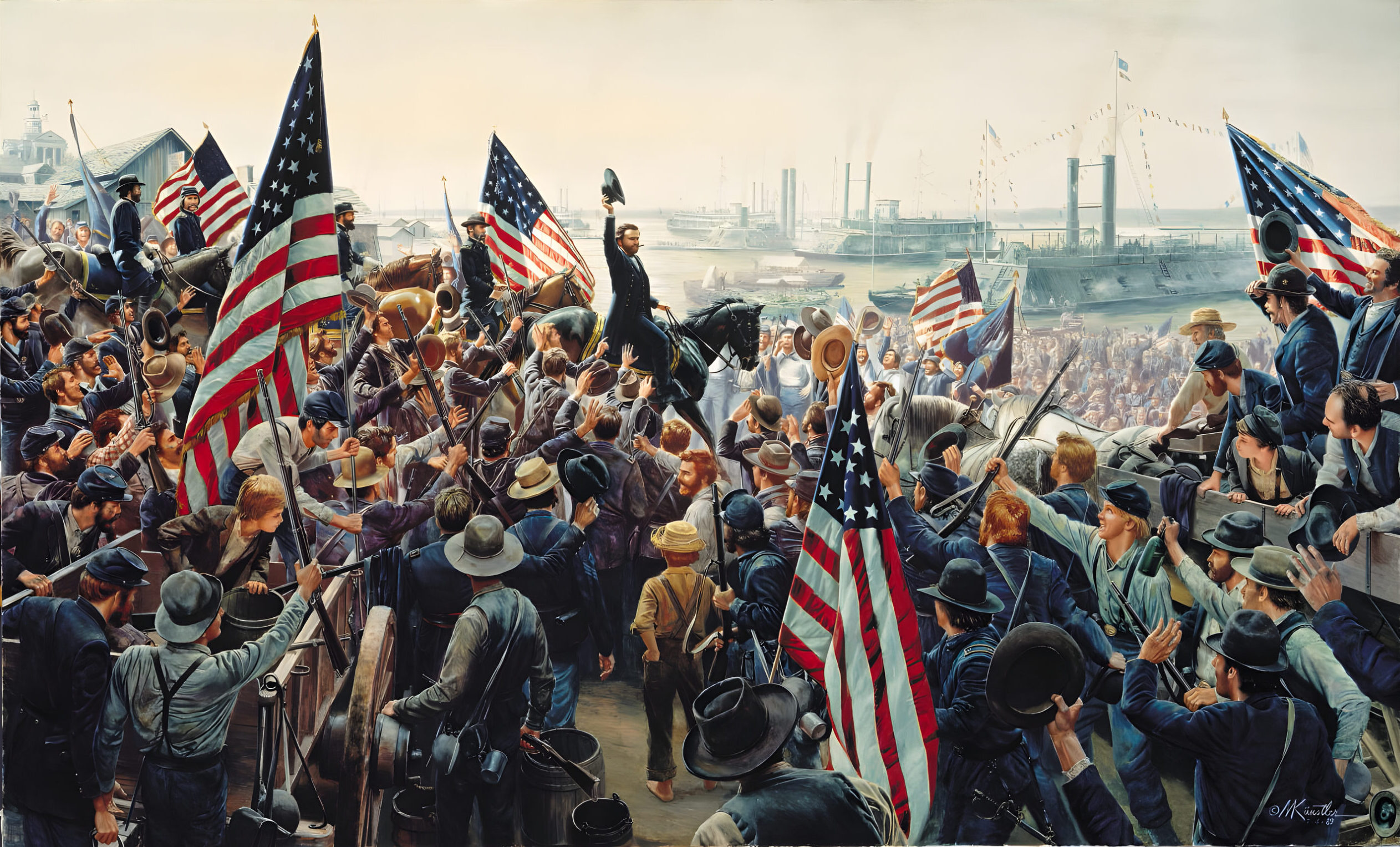
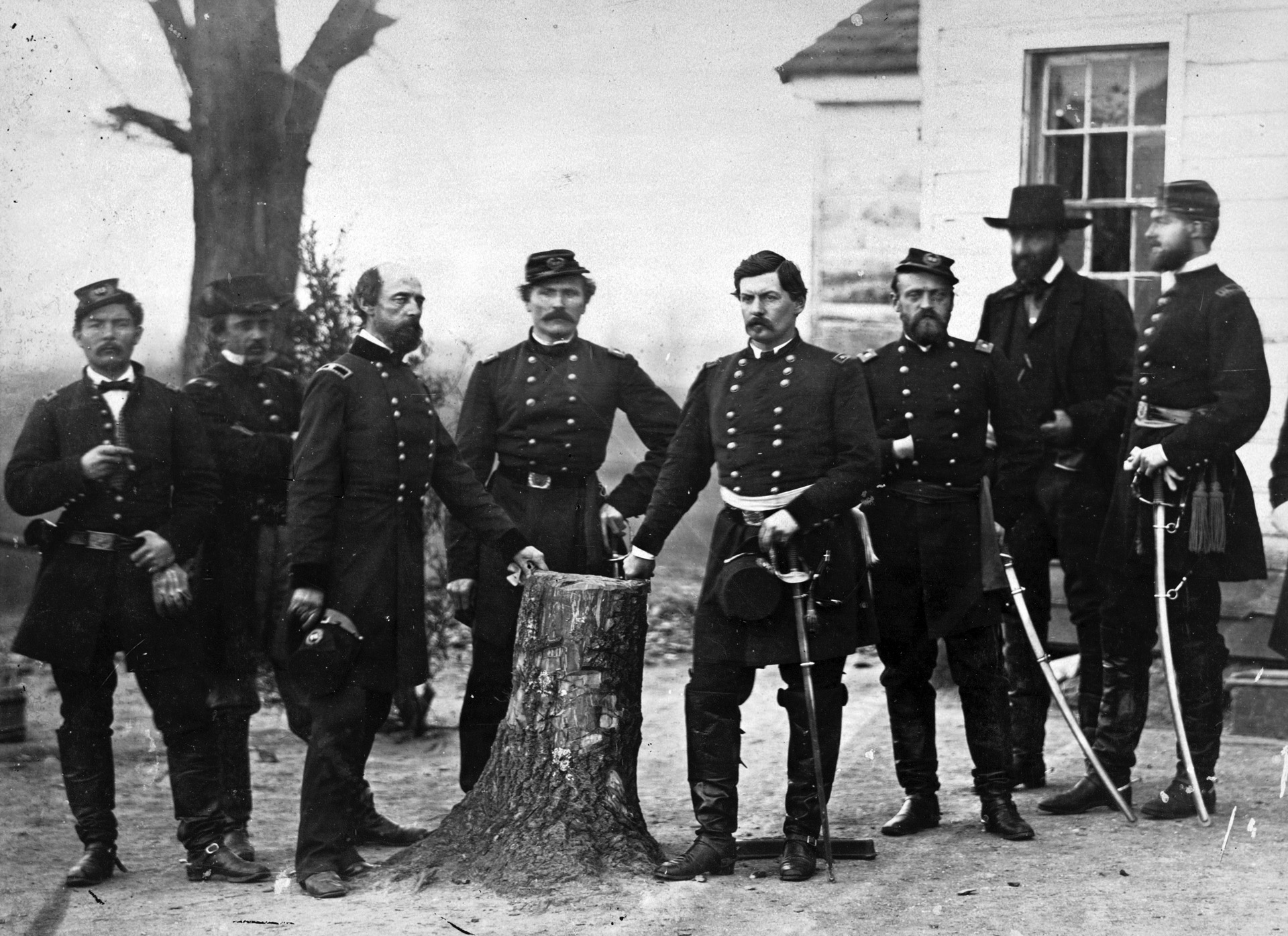
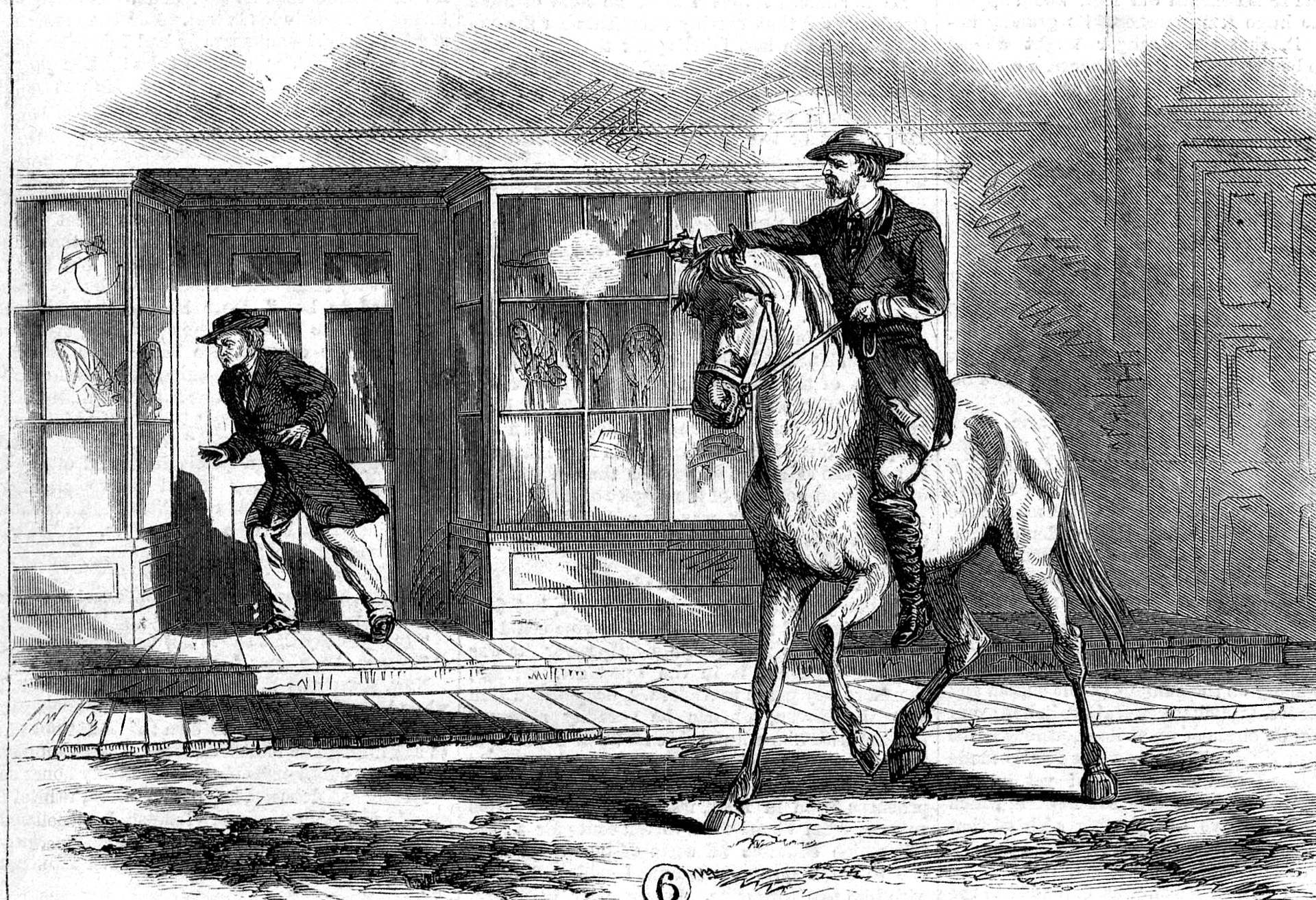
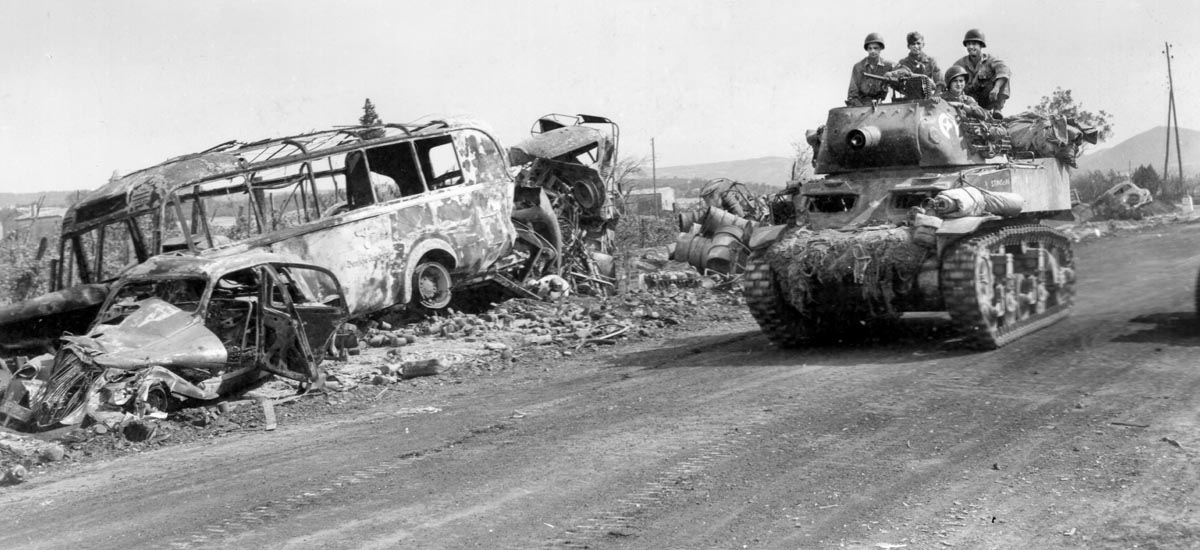

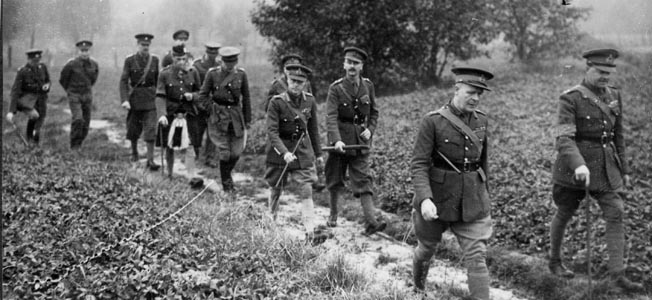
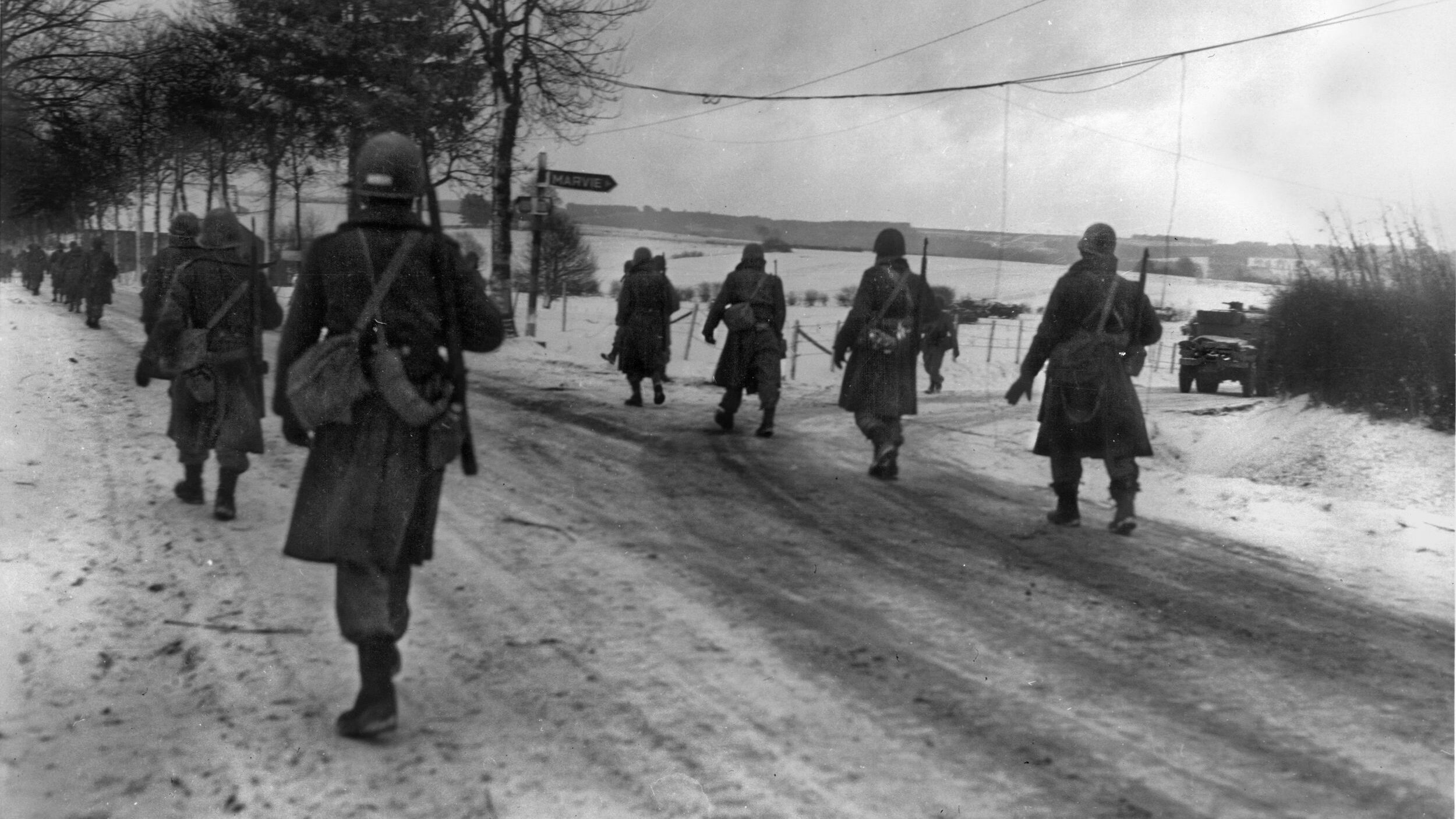
Join The Conversation
Comments